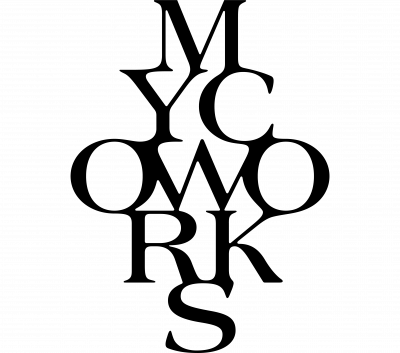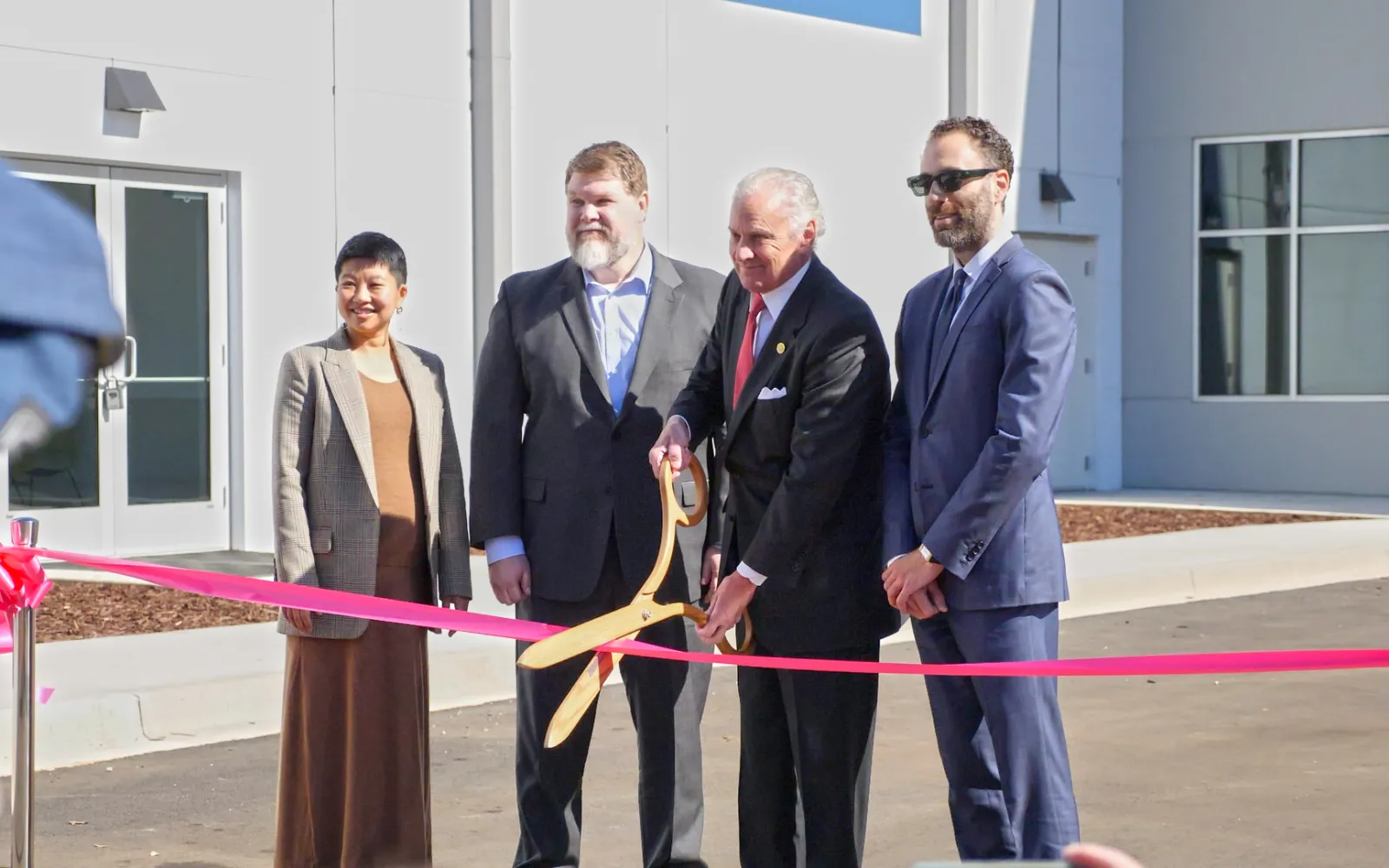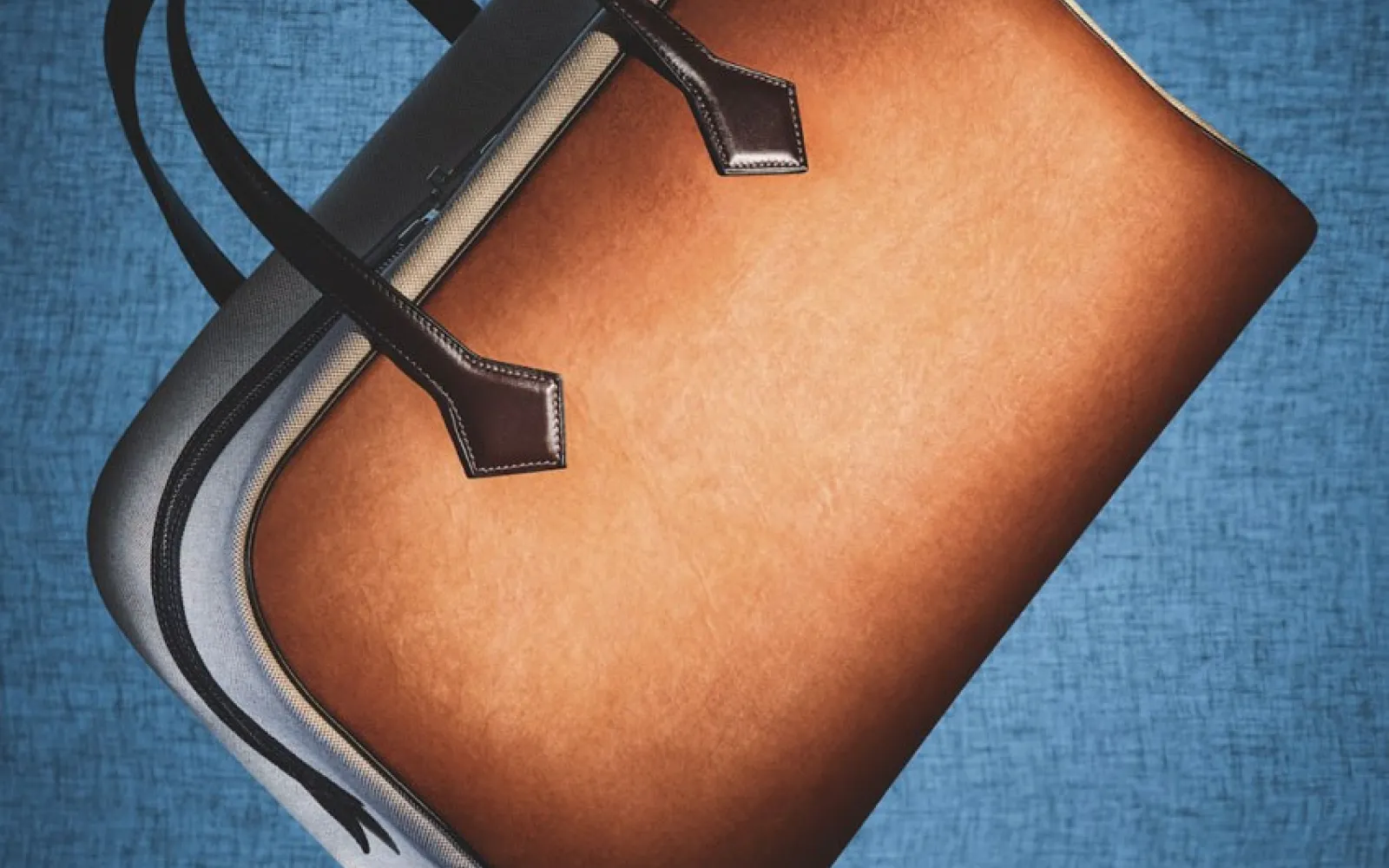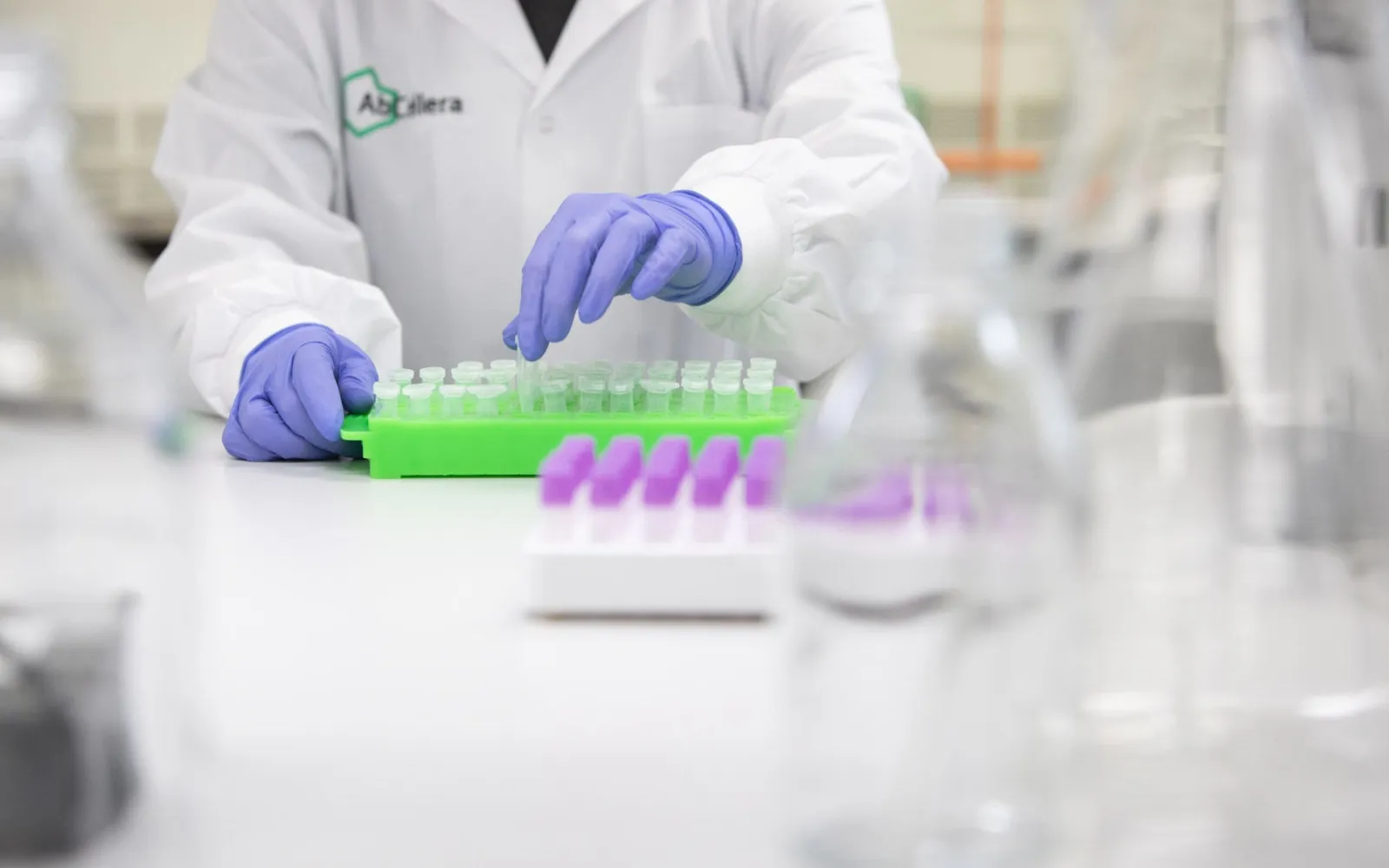


Raising livestock for meat and leather is one of the world’s biggest sources of greenhouse gas emissions. To create a sustainable alternative to leather, MycoWorks engineers strains of mycelium — the root structures of fungus — to create tightly interwoven fibers with tunable properties. MycoWorks’ Fine Mycelium, sold under the Reishi brand, is stronger than traditional “mushroom leather” and as strong as cowhide leather, and is already being used in commercial fashion products such as handbags.
News & Insights


MycoWorks expands to address the soaring need for high-end leather alternatives

DCVC 2023 Q3 update

Welcoming Climate Investors Matt Trevithick and Rachel Slaybaugh to DCVC

Hermès + MycoWorks: A Match Made in Sustainable Luxury Heaven

Life sciences and Deep Tech: The next set of solutions to the next set of problems
In The Media
MycoWorks’ Reishi material launches commercially
Mushrooms are the darling of sustainability
Cadillac’s Throwback Sollei Concept Marks A Return To Greatness
Mushroom leather? The future of fashion is closer than you think.
How mushrooms are changing the world
The house that climate change built
Mushroom leather was supposed to revolutionize fashion. Then a promising startup halted production
MycoWorks, making leather from fungi, closes $125M to scale production
Leather’s Carbon Footprint Is Immense, But Mycoworks Fungal Alternative Could Be the Way Forward
Explore Companies

Lunar Energy
Providing clean backup power, savings, and earnings for homeowners with rooftop solar


Seneca
Using AI, robots, and autonomy to reduce the frequency and severity of wildfires

Estes Energy
Making powerful, affordable batteries in the United States

Mainspring Energy
Providing flexible, dispatchable, high-efficiency power